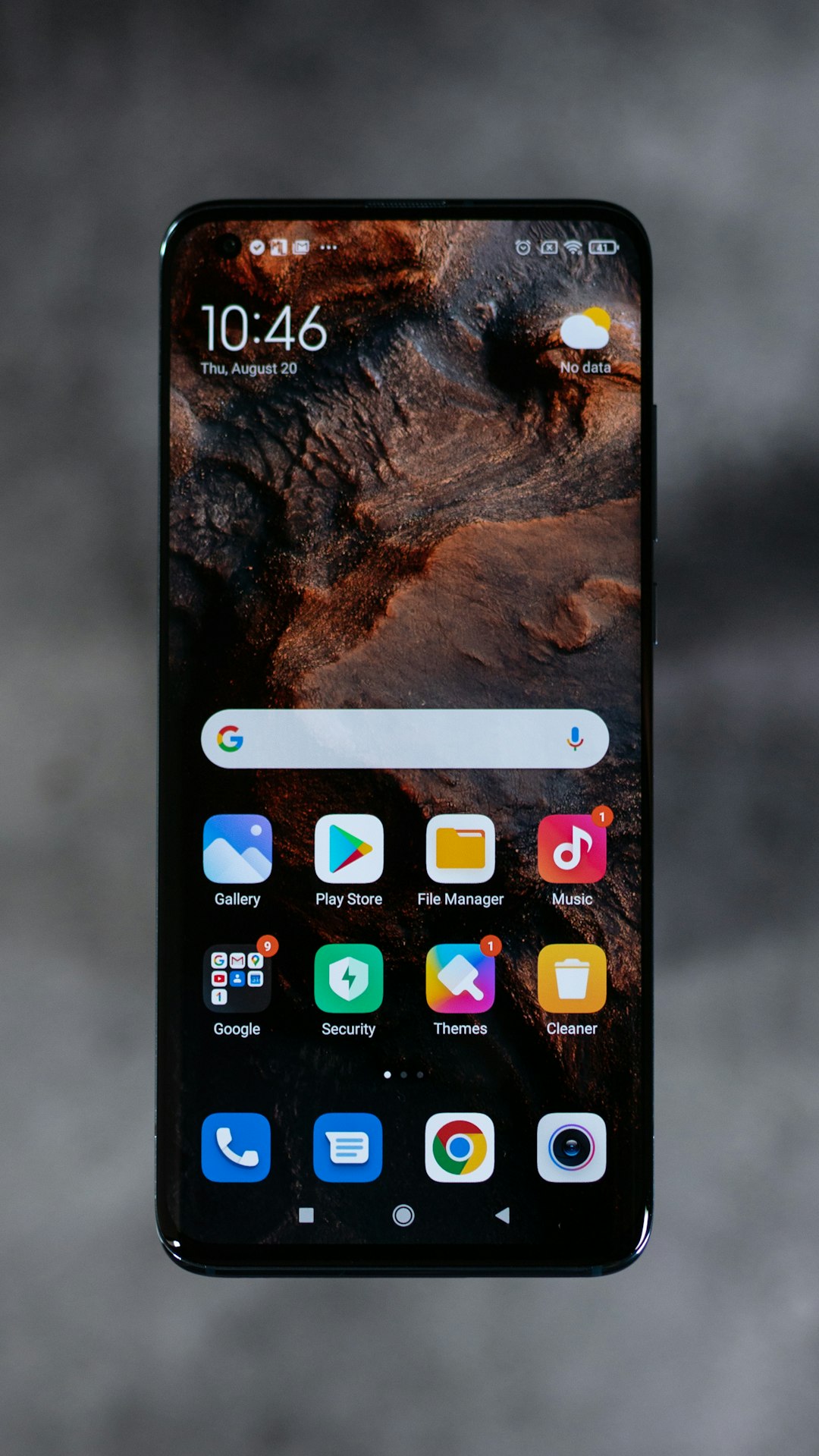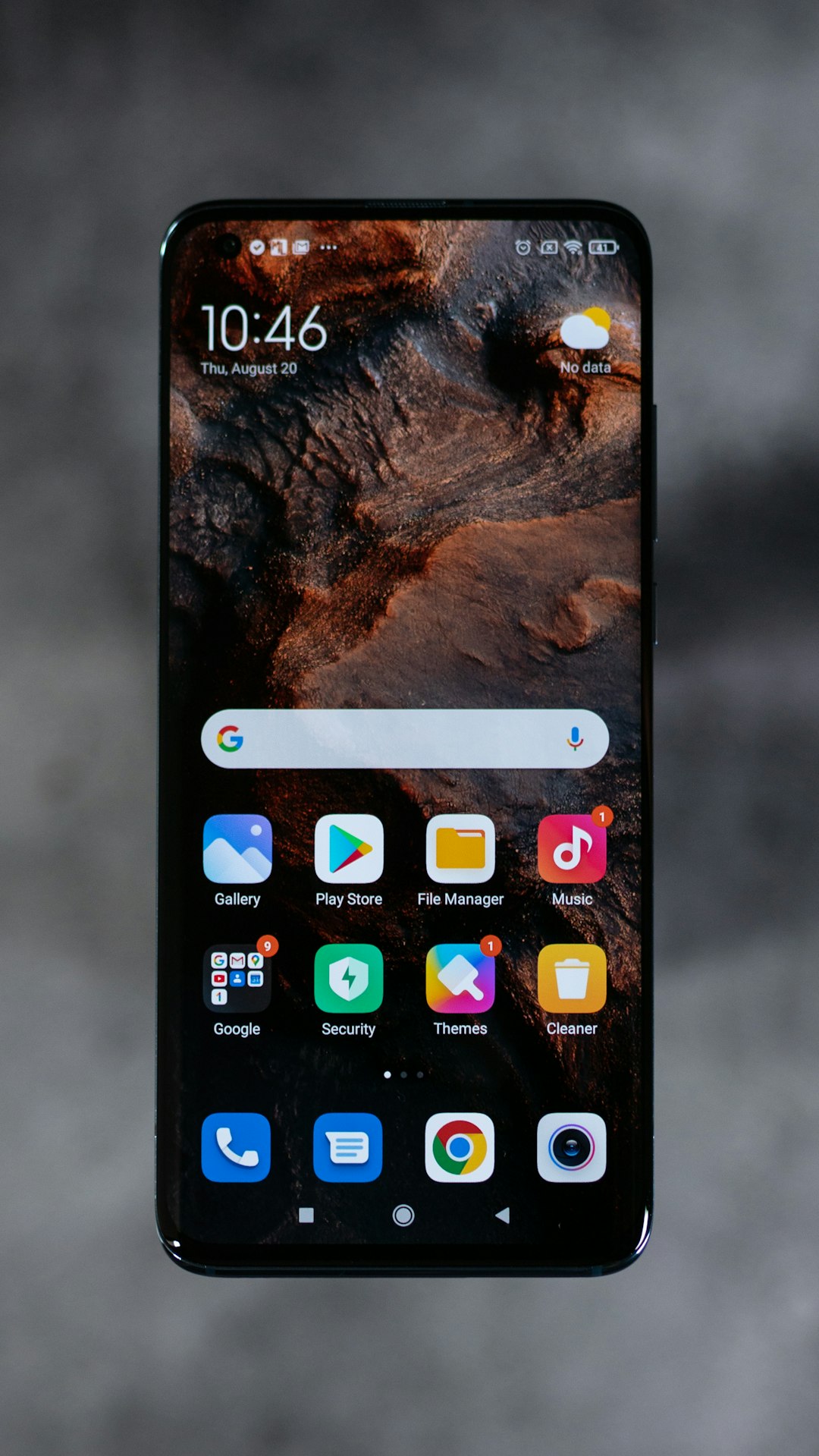Houston's "Do Not Text" law bans drivers from sending or reading texts while driving, making roads safer and protecting confidential legal communications. Houstonians are encouraged to use secure methods like phone calls or emails for legal updates, ensuring sensitive information remains private in the digital age. This initiative emphasizes caution in text messaging, especially for legal matters, to maintain trust between clients and their attorneys.
“Unraveling Houston’s ‘Do Not Text’ Law Updates is an essential guide for navigating digital communication in the city. This article breaks down the implications of recent legal changes, specifically focusing on when and why sending text messages can be prohibited.
Learn what constitutes a valid ‘Do Not Text’ order and how it may affect your interactions with others. We also offer tips on staying safe in the digital realm, highlighting the role of a Do Not Text Attorney Houston to ensure compliance and protect your rights.”
Unraveling Houston's Do Not Text Law

Houston’s “Do Not Text” law, officially known as the Texas Communications Device While Driving Act, is designed to prevent distracted driving, especially text messaging behind the wheel. This legislation has been a game-changer in keeping Houston roads safer. The law prohibits drivers from sending or reading text messages while operating a vehicle, unless the vehicle is parked or safely positioned off the road.
Understanding this regulation is crucial for both residents and visitors of Houston. A Do Not Text Attorney in Houston can help clarify these rules and guide individuals on how to stay within legal boundaries. By respecting these laws, Houston folks are not just ensuring their safety but also setting an example for others, aiming to reduce the risk of accidents caused by text messaging while driving.
What Does it Mean for You?

If you’re used to instantly communicating with attorneys in Houston via text message, the “Do Not Text Attorney Houston” law updates might come as a surprise. These changes are designed to improve attorney-client communication and maintain confidentiality. When a client sends a text message to their attorney, it’s not just a casual exchange; it could involve sensitive legal information. The new rules aim to protect this data from potential breaches or misunderstandings that can occur in textual communication.
For individuals involved in legal matters, this means being more proactive in your communication with attorneys. You may need to switch to alternative methods like phone calls, emails, or secure messaging platforms provided by law firms. This shift ensures a clearer and safer exchange of information between clients and their legal representatives, fostering a stronger attorney-client relationship built on trust and confidentiality.
Staying Safe in Digital Communication

In today’s digital era, staying safe in communication is paramount, especially when dealing with sensitive legal matters. The “Do Not Text Attorney Houston” initiative underscores this need for caution. Text messaging can leave a trail of digital footprints, potentially compromising confidential information exchanged between clients and their legal representatives. By adhering to this guideline, individuals involved in legal proceedings ensure that their discussions remain secure and private.
When it comes to legal updates or requests, the Do Not Text policy encourages Houston residents to opt for more formal and secure methods like phone calls, emails, or face-to-face meetings. This shift promotes a safer exchange of information, ensuring that sensitive details aren’t exposed through easily accessible digital channels.






